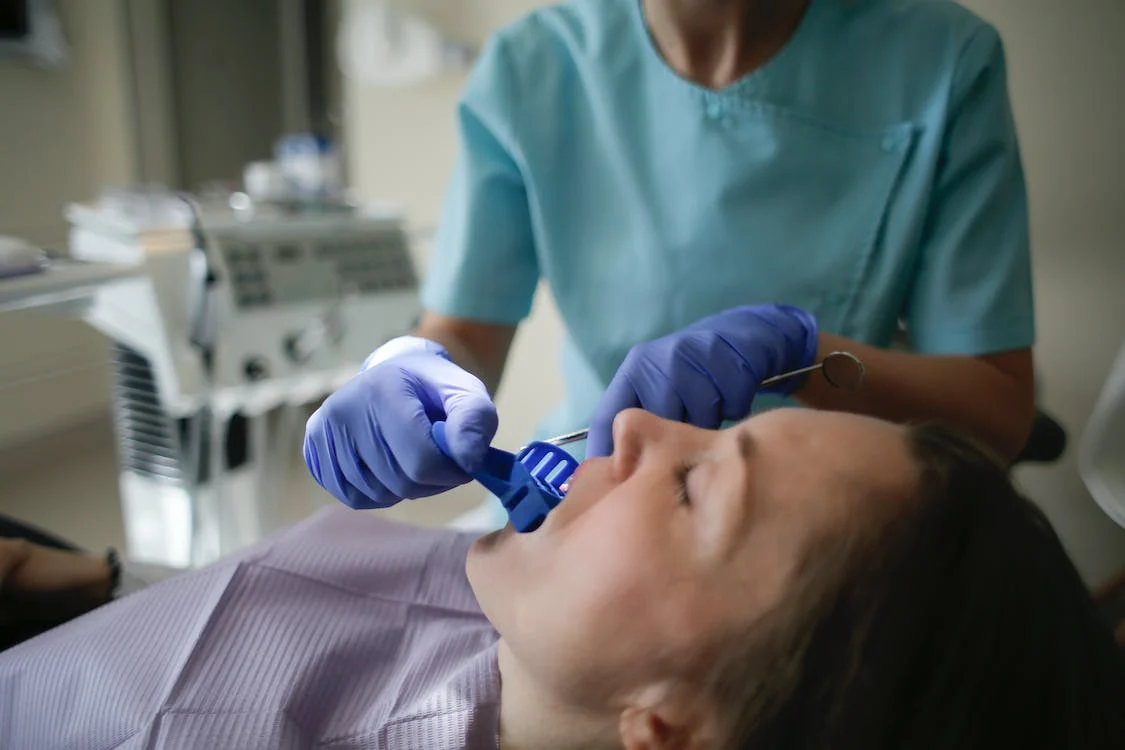Root canal treatment is a highly specialized procedure performed by endodontists, dental professionals with expertise in the internal structures of teeth. The process involves the removal of the tooth’s pulp, which contains nerves and blood vessels and subsequent disinfection to eliminate bacteria. While advancements in technology and techniques have improved the success rates of infected root canal procedures, the complexity of the tooth’s anatomy and the variability in patients’ responses necessitate a nuanced understanding of potential complications.
This article delves into the dangers of infected root canals, exploring the potential complications and highlighting the importance of early detection and appropriate management.
The Basics of Root Canal Treatment
Root canal treatment is a sophisticated dental procedure encompassing the meticulous extraction of infected or damaged pulp from the tooth’s interior, followed by extensive cleaning and disinfection of the intricate root canal system, ultimately culminating in the precise filling and sealing of the treated space. The overarching objective of this procedure is to salvage a tooth that would otherwise face extraction due to severe decay or infection, with a focus on preserving the natural dentition and maintaining overall oral health.
Despite its generally recognized safety and efficacy, the potential for complications persists, particularly when infections endure or are not adequately addressed during the initial treatment. It is noteworthy that ongoing advancements in dental technology and evolving techniques have substantially elevated the success rate of root canal procedures, presenting patients with an enhanced likelihood of retaining their natural teeth and ensuring long-term oral well-being.
Incomplete Removal of Infection
In addition to the physical symptoms, patients with persistent infections in root canals may also face challenges with the functionality of the affected tooth, as compromised structural integrity can affect biting and chewing. Furthermore, the inflammatory response triggered by unresolved infections in root canals can contribute to localized and systemic complications, emphasizing the need for comprehensive treatment to safeguard both oral health and overall well-being.
Formation of Abscesses
An abscess in the context of infected root canals not only causes severe pain and swelling but also can compromise the structural integrity of the affected tooth. The pressure from the accumulated pus within the abscess can lead to damage in the surrounding bone, further exacerbating the risk of tooth loss. If left unaddressed, the progression of abscess formation may necessitate more immediate and extensive dental interventions, such as emergency drainage procedures or, in severe cases, the extraction of the compromised tooth.
Spread of Infection to Adjacent Teeth
Moreover, the spread of infection to adjacent teeth can lead to the formation of interconnected pockets of bacteria within the oral environment. This bacterial network poses a challenge for dental professionals, as it requires comprehensive intervention to break the cycle of infection and prevent further complications. Addressing these interconnected issues promptly is essential to safeguard not only the affected tooth but also the overall oral health of the patient.
Systemic Health Implications
The ongoing inflammation associated with untreated dental infections, particularly in the context of infected root canals, has been recognized as a contributor to the worsening of existing inflammatory conditions throughout the body. This sustained inflammatory reaction not only heightens vulnerability to cardiovascular disease and diabetes but also contributes to compromising the immune system, potentially increasing the likelihood of various health issues.
Consequently, addressing infected root canals promptly is not solely vital for dental health but also crucial for safeguarding and promoting overall systemic well-being. This underscores the interconnectedness between oral health and systemic health, emphasizing the imperative nature of timely intervention in mitigating potential broader health risks associated with untreated dental infections.
Prevention and Early Detection
Embracing a health-conscious lifestyle, characterized by a well-balanced diet and meticulous oral hygiene practices, serves as a crucial strategy for proactively preventing root canal infections. Patients should recognize the profound impact of their dietary choices on dental health, particularly the acceleration of tooth decay associated with the consumption of sugars and acidic foods.
To further reduce the risk of root canal infections, individuals can enhance professional dental care by incorporating consistent oral hygiene habits into their daily routines. Regular brushing, flossing and the use of antimicrobial mouthwashes are effective measures when it comes to optimal oral health. Dental professionals possess the expertise to provide personalized guidance on these preventive measures, highlighting the collaborative effort necessary for effectively safeguarding oral health in the long term.
Conclusion
Root canal treatment serves as a pivotal dental intervention to salvage teeth from extraction; however, grasping the intricacies of potential dangers linked to infected root canals is imperative. Incomplete removal of infection, the development of abscesses and the risk of infection spreading to neighboring teeth emphasize the need for meticulous treatment and vigilant follow-up care. Understanding the systemic health implications of untreated dental infections further underscores the broader significance of addressing root canal issues promptly.
By prioritizing preventive measures and early detection, patients can actively engage in managing the potential risks tied to infected root canals, ensuring comprehensive well-being. Collaboration between dental professionals and patients is paramount in guaranteeing optimal outcomes and proactively averting complications associated with this widely performed dental procedure. Staying abreast of advancements in dental technology and maintaining rigorous oral hygiene practices further enhances the overall success and longevity of root canal treatments.

